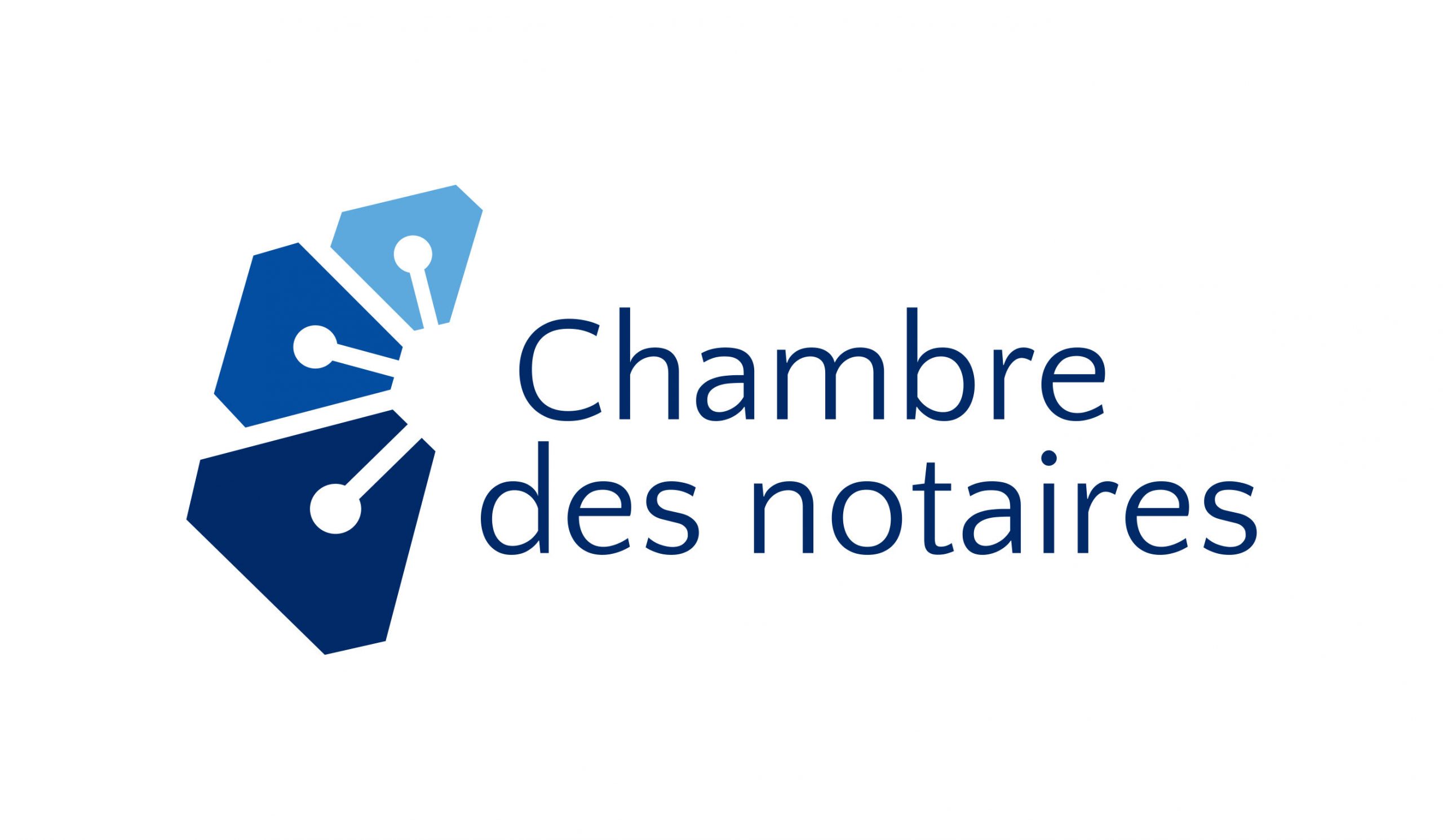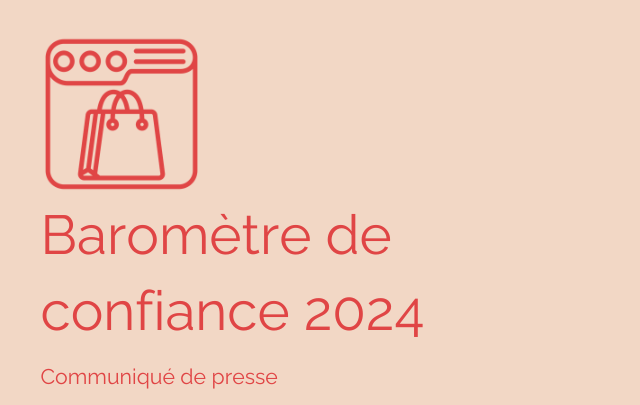

Francis is about to finalize the purchase of his new property. He's been able to do most of the work in the comfort of his own home (virtual visit, signing the promise to purchase, meeting with the financial advisor, etc.). Will he be able to do the same for the notarized contract?
Francis is disappointed, because the notary he has chosen tells him that he can only proceed with the paper deed. Does this lawyer have the right to require him to travel to his office to sign the contract?
The beginnings of technological notarization
Since 2016, a number of political, legal and technical steps have been taken by the Chambre des notaires to bring the technology-based notarial deed into being. However, on March 13, 2020, when the pandemic hit Quebec, we were still a long way off. Initially, notaries were preparing to close their offices to comply with the containment imposed by the authorities, when they received confirmation that they had been added to the list of essential services. This meant they could keep their offices open while complying with the health regulations imposed by the authorities, which is what most notaries did.
Faced with the urgent need to offer the possibility of acting remotely for its members, their employees and their customers, the Chambre des notaires, in collaboration with partners and the government, developed in just a few weeks a temporary solution enabling notarized deeds to be received remotely on technological support during a state of health emergency. This temporary solution has been available since April1, 2020. Notaries were thus able to offer their services remotely, which was previously forbidden by law, as the notarial deed en minute always had to be signed in the physical presence of the notary. Some notaries were quick to adopt the solution, while others preferred to continue working face-to-face, while complying with security regulations. This diversified range of notarial services means there's something for everyone.
However, neither the government decree authorizing notaries to receive technological notarial acts during the pandemic, nor the guidelines issued by the Chambre des notaires, oblige notaries to receive notarial acts on a technological medium. It was and remains an additional tool at their disposal. Notaries can put in place other safeguards to ensure that face-to-face meetings with their clients are secure. Customers who fear for their health and do not wish to visit a notary can consult another notary who offers this solution.
Towards a lasting solution
The Chambre des notaires and its partners continue to work actively towards a permanent solution. The experience gained with the temporary solution is speeding up the work, but there is still some way to go before we can present an integrated solution. In the meantime, the temporary solution is being maintained with government authorization, even if the state of emergency is eventually lifted.
Steps to follow
If your notary suggests you sign your purchase or will digitally and remotely, for example, here's how it should work:
- The notary meets you remotely by videoconference (Teams only);
- At least two pieces of photo identification are required. The notary may also require a third piece of identification, in addition to requesting that a copy of both pieces of identification be sent to him by secure means;
- You will be able to read the deed, either by an appropriate technological means or by secure mailing;
- The notary ensures that the parties have fully understood the clauses of the deed;
- The deed is signed remotely via a dedicated web platform.
Please note, however, that the technological notarial deed can also be signed in person. For example, the seller may be in the office with the notary, while the buyer may be at home and present by videoconference. However, both must sign the deed digitally.
Once closed by the notary's official digital signature, the technological notarial deed is stored securely. As with a paper deed, the notary can issue a certified copy of the digitally signed deed. You'll need to agree with the notary on the choice of medium for the copy, as he can prepare it on paper or technology.
What will you need?
To be able to sign a deed on a technological medium, the customer must have certain tools and be able to use them:
- A computer, digital tablet or smartphone with a camera. To ensure confidentiality, headphones or a headset with microphone may be required;
- A personal e-mail address and a good-quality Internet connection;
- Use the desktop version of the Microsoft Teams application, available free of charge.
As some people are unfamiliar with computers, it is necessary for notaries to continue to offer the notarial deed on paper. To avoid any hassle, buyers are well advised to discuss this aspect with their vendor.
What are your options?
As a result, your notary may not be able to offer the notarial deed in technological form. In this case, you have the option of choosing another notary, just as you would if you needed business start-up services and your usual notary didn't offer them. You should expect to pay additional costs for the use of new technological tools and the fact that more time will have to be devoted to interviews. Just because the deed is technological doesn't mean that preparing your file, giving you explanations or reading the deed will be any faster! And don't forget that computer problems that may arise during remote connections can also extend the time needed to complete the deed. Don't hesitate to discuss this with your notary.






